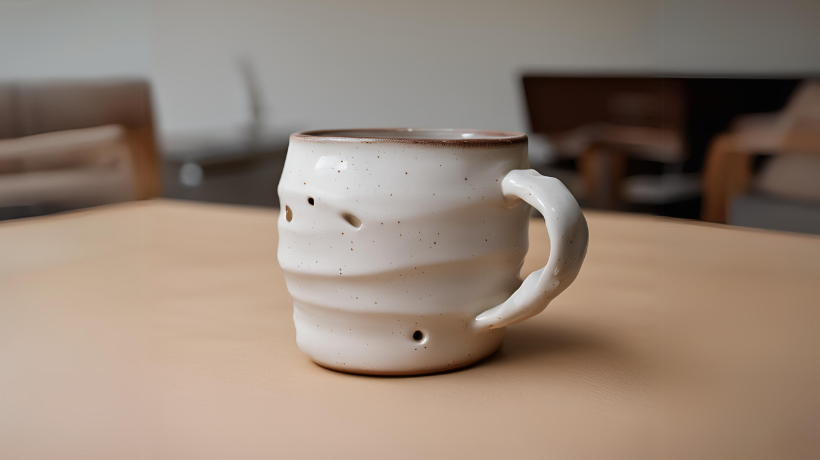Sculpting with clay is expressive, cathartic, and just plain fun. Can I create anything artistic? Not really. Every ashtray (remember those?) or mug I tried to make at camp as a child came out a little wobbly and definitely would not have been safe for practical use. And yet, my parents still proudly displayed them in their respective offices as decorative tokens of my affection for them. This tradition continues in various ways with our children. Our seder table at Passover time is always filled with little knickknacks and school projects that the kids have made for us over the years that help enhance the Pesach story. The misspellings and wonky placement of eyes on a frog are the most perfectly imperfect treasures I own.

This week we read Parshat Emor, and we once again find ourselves deep into the commandments surrounding Jewish practice. Parshat Emor focuses on the rules and regulations for the priests, along with the obligations of the Israelites. It covers the observance of certain holidays, including mentions about the holiness of Shabbat, other holidays we are to celebrate throughout the year, and the ways in which we are to treat one another and even animals. The majority of these rituals are meant to be done in public, with the entire community a part of them.
As we read these strict and precise regulations regarding animals for sacred sacrifice, we come to the section on the freewill offering. In essence, this is an offering made as a gift, and as such has no strictures on whether or not the animal has blemishes or imperfections. When there’s so much detail and precision included about laws for sacrifices, why does the Torah go to such great lengths to add in an offering of this kind without the usual requirements?
Perhaps it’s because when something comes from the heart, the meaning is one of love and connection, not necessarily about following certain rules. In other words, Parshat Emor teaches us the distinction between the offerings we make that must fit a need and those that fulfill a more abstract purpose.
These days, we don’t use sacrifice as part of our rituals, but the message still applies. You wouldn’t donate expired food to a food bank, but you might donate an incomplete set of dishes to a thrift store. Or you might create a piece of artwork to cheer up a friend who’s under the weather, even if your creations won’t ever appear in a gallery. As humans, we’re imperfect, so the work of our hands can be perfectly imperfect too.



